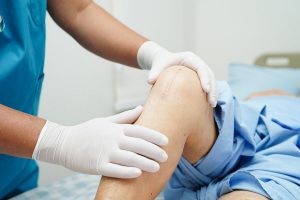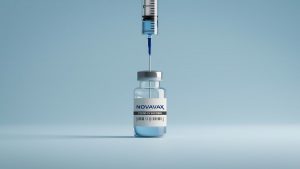
Could an algorithm take your job someday? Concerns about artificial intelligence, or AI, are plaguing U.S. workers, according to a new American Psychological Association poll. Some workers are uncomfortable with the way their employers are tracking them, while others worry that AI will make their jobs obsolete. “Employers interested in investing in artificial intelligence systems must also invest in their employees, educating them about the role of AI and provide opportunities for feedback,” said Arthur Evans Jr., chief executive officer of APA. “The workplace is changing rapidly. Open and honest communication from employers can help relieve employees’ anxieties about the unknown and improve overall well-being, which is associated with higher organizational performance,” Evans said in an association news release. The APA poll surveyed more than 2,500 employed adults in the second half of April. Nearly 2 in 5 workers polled said they were worried that AI might one day make some or all of their job duties obsolete. About 64% of those who said they were worried about AI also said they felt tense or stressed during the workday, compared to 38% of those who were not worried about AI. Workers with a high school education or less were significantly more likely than those with a four-year college degree to be worried that their jobs would become obsolete — 44% to 34%. About 50% of… read on > read on >






































-300x200.jpg)